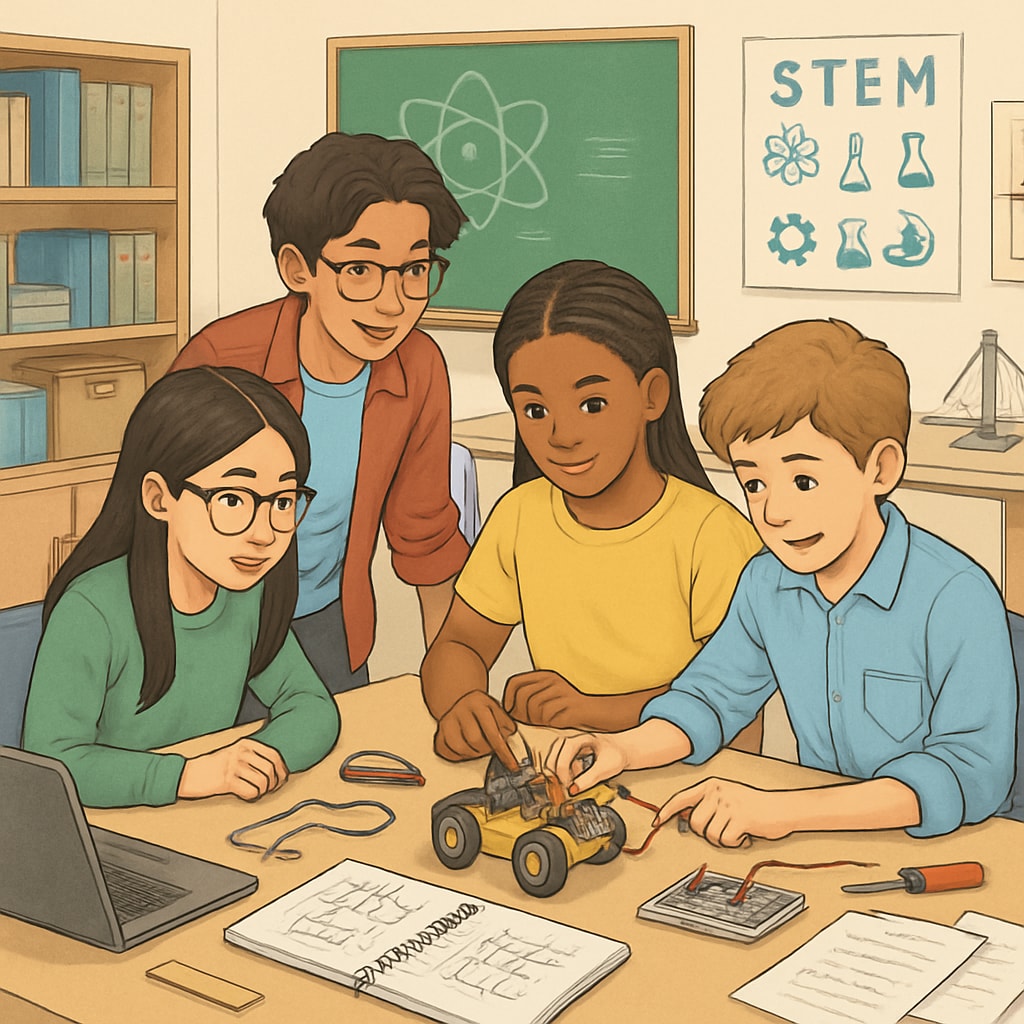Choosing career paths while managing high salary expectations and personal confusion remains a critical challenge for K12 students. The foundation for professional fulfillment begins long before college or job applications. Research from the Brookings Institution shows early career exploration significantly improves long-term satisfaction. This article provides actionable strategies for balancing practical concerns with personal aspirations.
Understanding the Core Dilemma
Many students face three conflicting pressures:
- External expectations: Family or societal emphasis on prestigious, high-earning professions
- Personal interests: Passions that may not align with traditional career success metrics
- Market realities: Evolving job markets that require adaptable skill sets

Building Self-Awareness Through Exploration
The U.S. Department of Education emphasizes exploratory programs as crucial for career clarity. Effective approaches include:
- Interest inventories and personality assessments
- Job shadowing opportunities
- Project-based learning across disciplines
For example, a student interested in both art and technology might explore UI/UX design, blending creative and technical skills for rewarding career paths.
Developing Transferable Competencies
Rather than focusing solely on specific professions, students should cultivate:
- Critical thinking and problem-solving
- Emotional intelligence and collaboration
- Digital literacy across platforms

These competencies create flexibility to adapt to changing job markets while maintaining personal fulfillment in various professional environments.
Transitioning successfully from confusion to clarity requires sustained effort. Schools that integrate career exploration throughout the curriculum see 23% higher college persistence rates according to CCRS Center research. By balancing practical skill development with genuine self-discovery, students can navigate career paths that satisfy both financial and personal aspirations.


